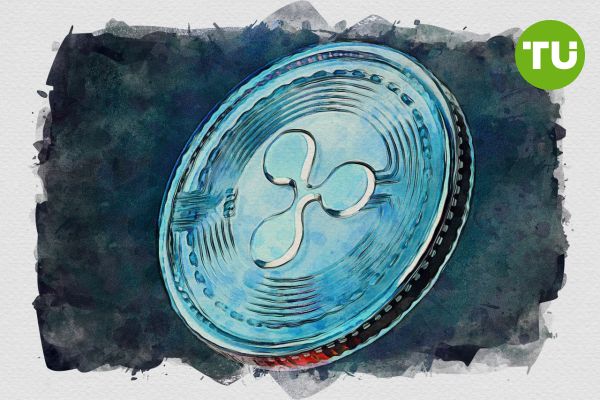Ripple called the ‘biggest obstacle’ to a U.S. strategic Bitcoin reserve
 Ripple advocates for a multi-asset reserve
Ripple advocates for a multi-asset reserve
Ripple, a major cryptocurrency company, has ignited heated debates within the crypto community over its push for a multi-coin U.S. strategic reserve, which includes its own digital asset, XRP.
The Bitcoin community, however, is strongly opposed to this idea, calling Ripple the “biggest obstacle” to establishing a Bitcoin reserve. The controversy stems from Ripple's active lobbying for the inclusion of XRP and other tokens, such as Solana (SOL) and USD Coin (USDC), in the reserve rather than adhering to a Bitcoin-exclusive model.
Key takeaways:
- Ripple advocates for a multi-asset reserve, including XRP.
- Bitcoin advocates argue only Bitcoin should be part of the U.S. reserve.
- Heated debate continues within the crypto community over the issue.
Ripple’s push for a multi-coin reserve
There is a 48% chance of a strategic Bitcoin reserve being created in the next three months and 23% chance in first 100 days.
Will Trump create Bitcoin reserve in first 100 days? Source: Polymarket
Ripple's CEO, Brad Garlinghouse, has been a vocal advocate for diversifying the U.S. strategic reserve, arguing that including multiple digital assets—especially XRP—could enhance the reserve's utility and foster broader crypto adoption.
Loading...
This stance, however, has drawn fierce opposition from Bitcoin proponents who argue that Bitcoin is the only cryptocurrency with the decentralization, security, and global recognition necessary to be considered for a national reserve.
Bitcoin advocates like Pierre Rochard have openly criticized Ripple's involvement, claiming the company’s lobbying efforts prioritize its own interests over the broader goals of the crypto community and the U.S. government's long-term financial stability.
The Bitcoin community's response
Prominent figures within the Bitcoin space have been vocal in their criticism. Ryan Selkis, CEO of Messari, and other Bitcoin advocates have stressed that the inclusion of any coins other than Bitcoin would undermine the credibility and security of the U.S. reserve. "Bitcoin Reserve or nothing" has become a rallying cry for those who believe the U.S. should only include Bitcoin in its official reserves.
Critics argue that introducing assets like XRP could lead to political fallout and complications, especially given Ripple's close ties with central bank digital currencies (CBDCs).
Implications for U.S. crypto policy
As the debate continues, the decision about what digital assets should be included in a national reserve could have far-reaching implications for U.S. crypto policy. With tensions rising over Ripple's lobbying efforts, it remains to be seen whether a multi-asset reserve will gain traction or whether the Bitcoin-only advocates will have their way.
Regardless, the discussion highlights the growing influence of cryptocurrency in the global financial system and the importance of careful regulatory considerations as the U.S. navigates the future of digital assets.
It is also interesting to read about former employee revealing Ripple's plan for 400x revenue boost.













































































































































